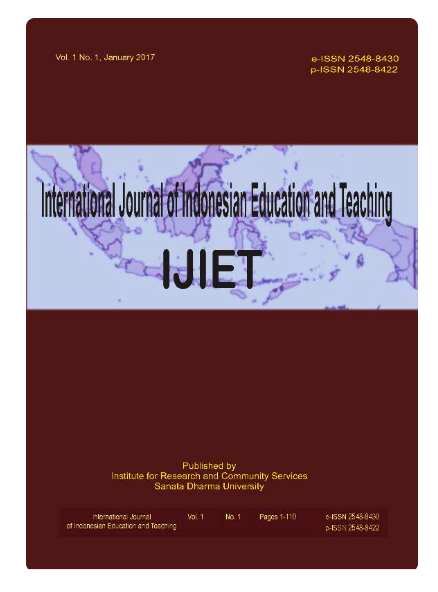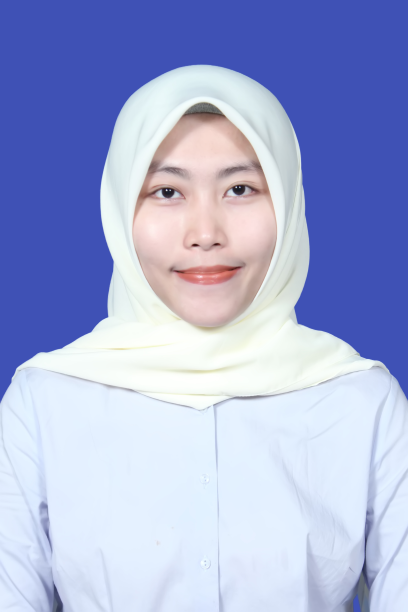
During the pandemic, the faculty of engineering at Trisakti University still used old apparatus and onsite learning in practical lectures, albeit with some COVID restrictions. Nowadays, when the pandemic is going out the faculty is trying to implement a new method in practical lectures using a smartphone-based application to enhance the effectiveness of physics experiments. This research aims to discover the students’ attitudes toward the use of Phyphox in physics experiments and to examine the differences in the attitude between students with various backgrounds, such as gender, department, smartphone use, and prior experience. Two hundred self-developed questionnaires were delivered to seven departments in the faculty of engineering that have participated in this research. The findings indicated that: gender correlated to significant differences in some factors of attitude; smartphone use did not affect attitude; students with prior experience showed more positive attitude; and the major taken by students correlated with majority of factors of attitude towards the use of Phyphox in physics experiment. This research article presents a case study of the integration of the Phyphox application, that utilises the smartphones' integrated sensors in hands-on physics experiments, in an inquiry framework.

Oleh :
Larasati Rizky Putri